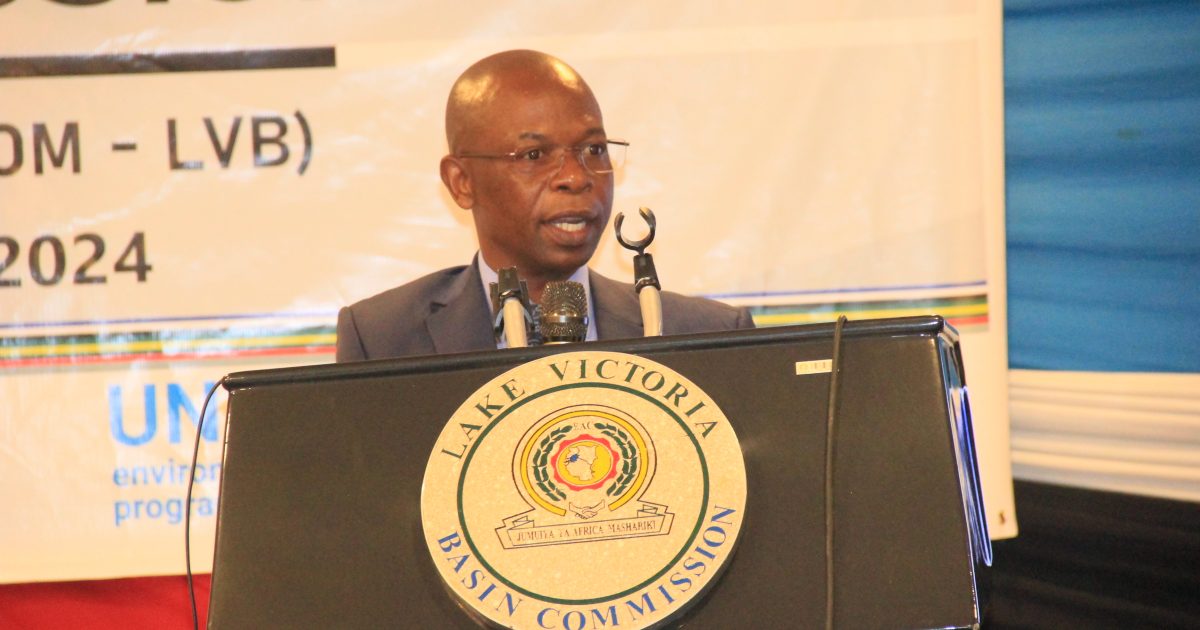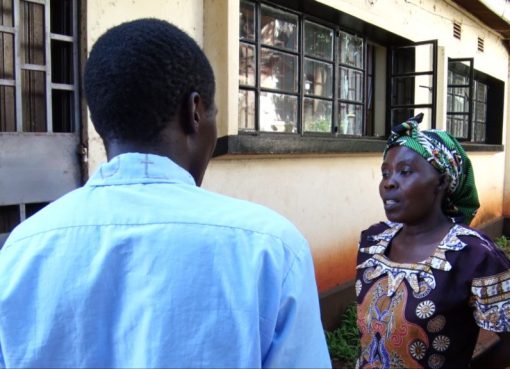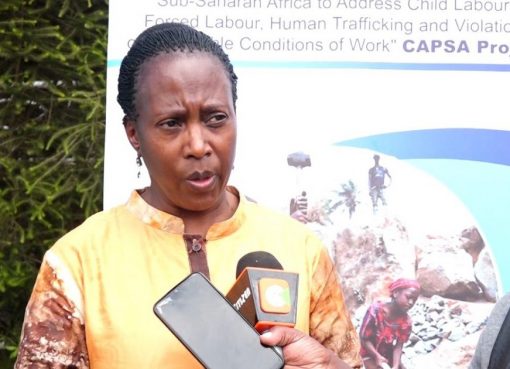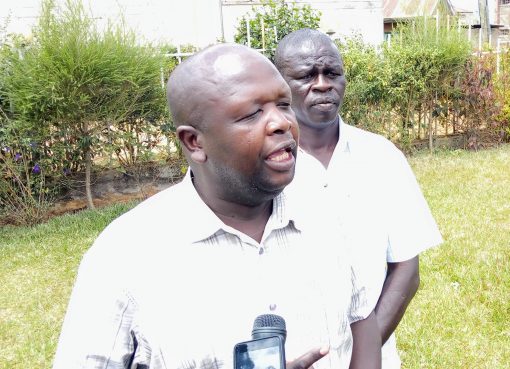East African Community (EAC) countries have pledged to jointly conserve Lake Victoria which is threatened by rising pollution.
Delegates from the seven EAC partner states said the delicate lake ecosystem which is a mainstay for millions of people in the region was facing a myriad of challenges with pollution identified as a major threat.
Lake Victoria Basin Commission (LVBC) Executive Secretary (ES) Dr. Masinde Bwire said pollution in the lake had increased by 50 per cent over the last four decades posing a danger to human and aquatic life.
Raw sewage, industrial effluents and tonnes of plastics, he said are washed into the lake from Kenya, Uganda and Tanzania threatening to kill the world’s second-largest freshwater lake.
Sedimentation loading from the three states and the neighbouring Rwanda and Burundi, he said was also a big challenge which if not addressed will greatly affect the existence of the lake.
Speaking in Kisumu during the 22nd Sectoral Council of Ministers on Lake Victoria Basin (SECOM-LVB), Dr. Bwire said already the effects of pollution have started being felt and if not urgently addressed the situation was likely to get out of hand.

He pointed out the dwindling fish stocks in the lake adding that some of the species that existed in the water body were now extinct due to rapid pollution.
To reverse the tide, LVBC which is an East Africa Community (EAC) institution responsible for coordinating sustainable development of the Lake Victoria Basin, he said has organised a scientific conference in November where experts will engage and present papers on how to restore and conserve the lake.
This, he added, will be followed by Lake Victoria Day to call all the agencies to action and ensure that the lake is given prominence in all conservation programmes within the EAC.
The Sectoral Council of Ministers on Lake Victoria Basin (SECOM-LVB) is the governing body of the Commission which provides the strategic direction to the Commission for the benefit of the people of East Africa.
The meeting was attended by Kenya’s Shipping and Maritime Principal Secretary Geoffrey Kaituko, Burundi’s Environment Permanent Secretary (PS) Emmanuel Niyungeko, Rwanda Environment Permanent Secretary (PS) Patrick Karera, South Sudan Ministry of Water representative Eng. Chut Isaack Permanent Secretary for Water Alfred Okidi, Tanzania’s Water Permanent Secretary (PS) Prof. Jamal Katundu and Tanzania’s Ambassador to Kenya Dr. Benard Kibise.
Kenya’s PS for Shipping and Maritime Geoffrey Kaituko said collaboration between the EAC member states was key in the conservation of the water body.
Kenya, he added, was partnering with Uganda and the United Republic of Tanzania to enhance safety within the lake.
Patrick Karera PS Environment, Rwanda said his Ministry has rolled out a number of programmes to control soil erosion and pollution.
“We are sensitizing our farmers on proper agricultural practices to ensure that our soils are not washed into the lake,” he said.
His Tanzania counterpart Prof. Jamal Katundu said the good relations between partner states was key in harnessing joint conservation of the lake.
Katundu said already a number of joint programmes were ongoing adding that through partnerships with development partners the initiatives shall be scaled up to save the lake.
“We are already talking to the World Bank and we are hopeful that we are going to raise the much-needed resources to conserve the lake,” he said.
By Chris Mahandara





